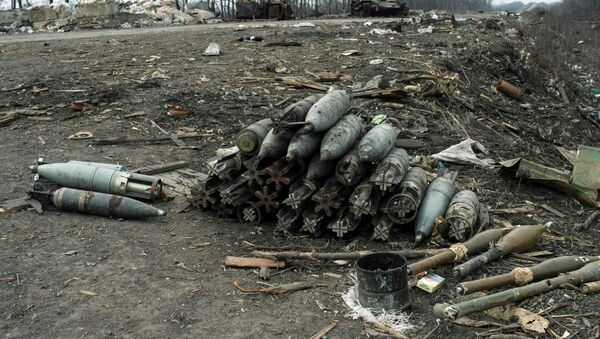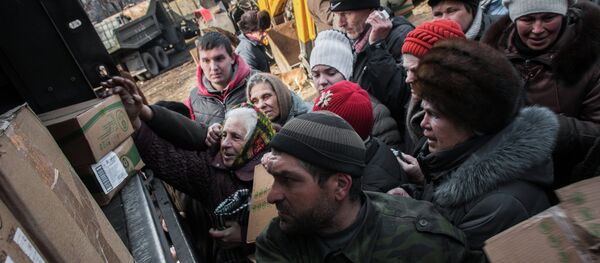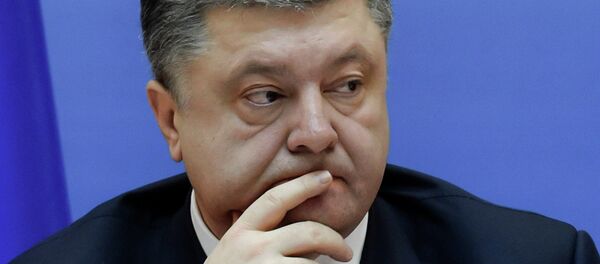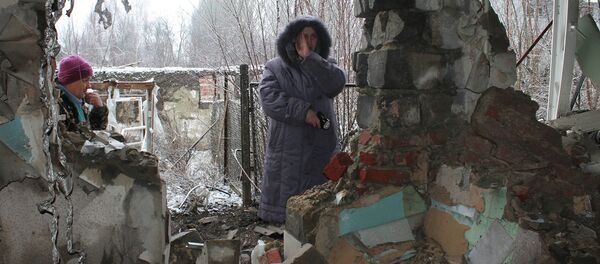"We have a unique chance to come to peace and we must use it. We are ready for it," Klimkin said, referring to the Minsk peace deal, signed in February.
The agreement, reached between Kiev and the self-proclaimed people's republics of Donetsk and Luhansk (DPR and LPR) following 16-hour talks between the leaders of Russia, Ukraine, Germany and France in the Belarusian capital, stipulates a number of measures aimed at bringing the military conflict in southeastern Ukraine to an end.
Speaking about the monitors from the Organization for Security and Co-operation in Europe (OSCE) in particular, Klimkin stressed that they should be shown how and where heavy weaponry is withdrawn from southeastern Ukraine.
"What needn't be done is creating an additional concentration of forces on the territory of Donetsk and Luhansk or changing old armaments for new ones instead of withdrawing them," Klimkin said.
"I have already made a preliminary request – I had the right to do that as [foreign] minister," Klimkin said, adding that a formal request from Ukraine will be made by Ukrainian President Petro Poroshenko.
The Kiev government has been considering whether to ask for the deployment of international peacekeepers along the line of contact in eastern Ukraine and on the Russian-Ukrainian border.
The OSCE, tasked with monitoring the implementation of the Minsk agreements, has repeatedly requested detailed information on the routes of heavy weaponry pullout from southeastern Ukraine.




